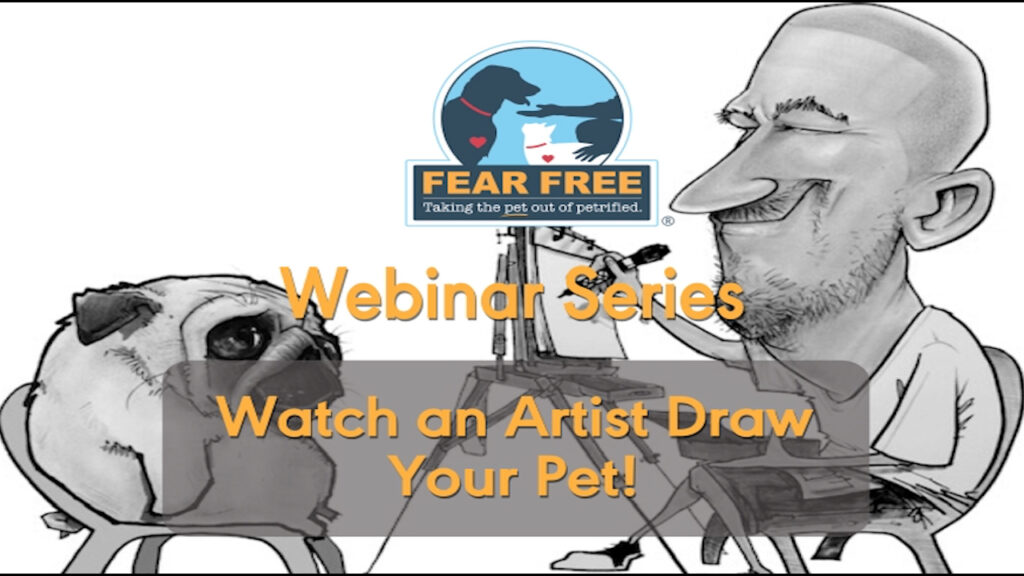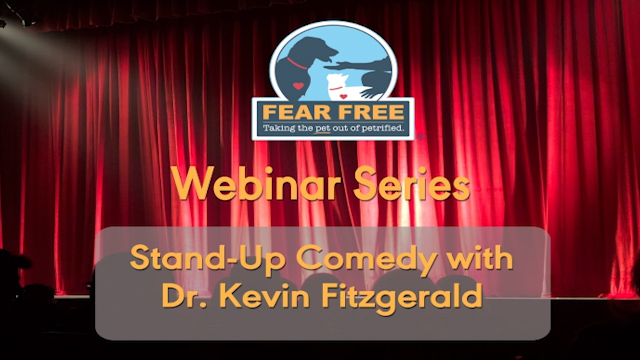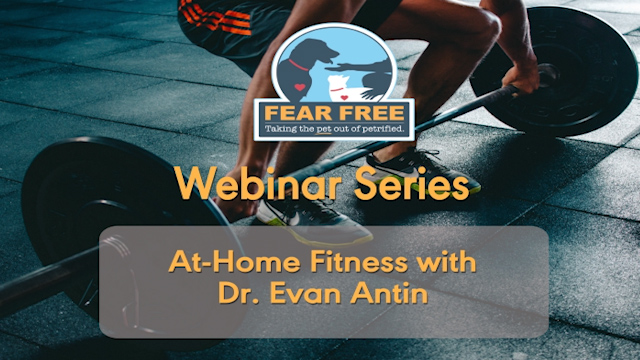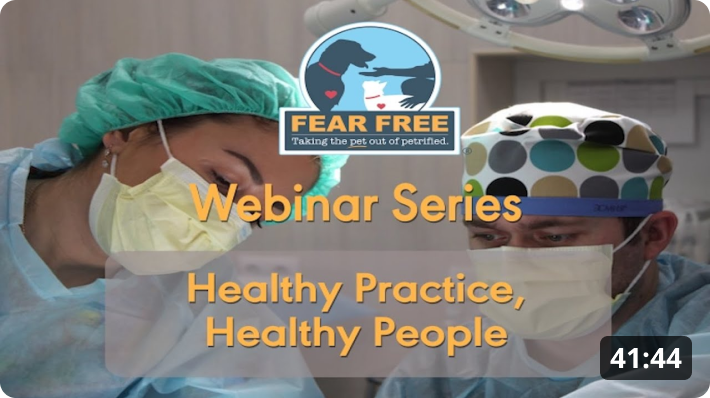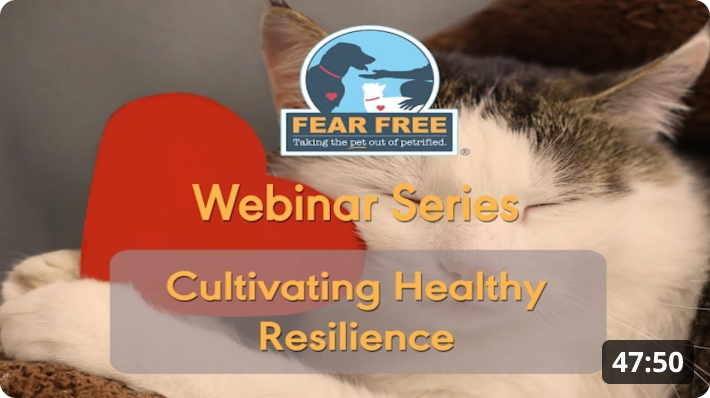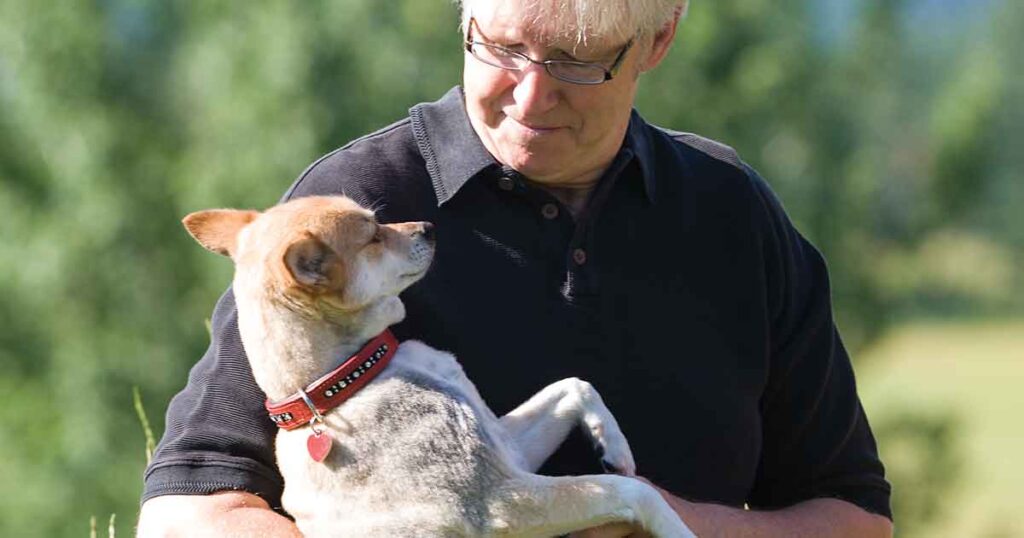By Dr. Marty BeckerSince I published the story of
my personal struggle with depression and a family history of suicide–including my father, who killed himself with a shotgun–in
Veterinary Economics last year, I’ve heard from hundreds upon hundreds of my fellow veterinary professionals who have faced the same struggles.
As Thanksgiving and the holiday season draw near, I can’t help but think of all of us in veterinary medicine who are feeling anything but thankful, and are overwhelmed not with feelings of good cheer, but of darkest depression.
My personal journey to becoming a veterinarian began when I was 7 years old, growing up on a dairy farm. The family vet came out to treat a fallen cow who, after one injection, rose up.
Even though my desire to be a veterinarian was sparked by that happy recovery, that memory and many like it are frequently overwhelmed by memories of death, terrible suffering, and the mistakes that we see happen in our profession every single day, year-in, year-out.
My experience of practicing veterinary medicine ranged from getting the Twin Falls, Idaho, City Shelter to shut down their gas chamber by agreeing to euthanize the animals myself; fighting to keep some kind of barrier between me and the pain of seeing animals I cared about suffer, or die–and seeing the devastating grief of their human families at their loss; the steady drumbeat of “suck it up” and “don’t think about it” and “don’t focus on all this emotional stuff” I heard so often from my bosses and colleagues.
I got the message loud and clear: Unlike physical suffering and illness, their mental and emotional counterparts were shameful, trivial, and unworthy even of acknowledgement, let alone treatment.
It was the Thanksgiving season that followed the horror of 9/11 when I first became seriously depressed. I was in my late 40s, and had just finished working on my book The Healing Power of Pets. I was sad and wanted nothing more than to sleep all the time. I was in darkness that no amount of awareness of my family history, or will power, or stern self-lectures, or prayer could lighten. That took the care of a physician and the prescription of an anti-depressant. Five years later, I needed an additional medication to keep the darkness at bay.
While clearly my family background contributed to the likelihood I’d suffer from depression, so did my profession. A recent commentary in the Journal of the American Veterinary Medical Association (JAVMA) cited a CDC survey of more than 10,000 practicing veterinarians that found we are more likely to be depressed, to suffer serious mental illness, and to attempt suicide than the general public.
In fact, frighteningly, 14.4 percent of male and 19.1 percent of female veterinarians have considered suicide, nearly three times the national average for the general population. And these numbers are consistent with those in studies of veterinary professionals around the globe, not just in the United States.
I did not found Fear Free to address the epidemic of depression and suicide in our profession; I did it to help animals. But what I found is that it also has the power to help us.
Consider these words written by the authors of that same JAVMA article I mentioned above:
Some of the reasons for the high rates of mental disorders in veterinarians include work-related stress, a lack of early detection of mental problems, access to lethal drugs associated with euthanasia, and the adverse effects of performing euthanasia.
A qualitative, interview-based study of veterinarians who had attempted suicide revealed contributing factors to be adverse relationships at work, concerns about career, issues related to patients, long hours, and heavy work-load. A cross-sectional study of work conditions for veterinarians found that the number of hours worked and professional mistakes were the chief stressors that accounted for anxiety and depression.
How much of the soul-killing stress that afflicts veterinarians and veterinary nurses is caused by working all day on patients who fear us, even hate us? How much is the result of seeing the animals we love and feel such compassion for shiver, drool, even lose control of bladder and bowels, as we try to help and heal them?
I know I became a veterinarian because I felt so connected to the soul of animals. I thought I was doing what was best for them, and it was not until the fateful day when Dr. Karen Overall ripped the bandage off the wound of my compassion that I realized I was in fact harming all the animals I thought I was helping. That horrifying realization sharpened my senses, opened my heart, and inspired the creation of Fear Free.
And it was in hearing from so many of the almost 25,000 of you who have so far enrolled in certification that I realized it isn’t just our patients who need healing through the practice of Fear Free veterinary medicine; it’s us, too.
Of course, Fear Free is not a form of therapy or medical care. Depression and suicidal ideation are real medical issues and require the care of qualified professionals. But as the JAVMA article pointed out, work stress is a massive risk factor for mental health problems and suicide in veterinarians.
Look at it this way: If I think of myself as a cup, I’m half-full–maybe even three-quarters full in my case–of risk factors related to genetics and my upbringing.
Why fill that cup the rest of the way with insufficient sleep, a lack of connectedness to my family and community, guilt, unwillingness to face my problems, and stewing every day in the fear, anxiety, and stress of the pets, pet owners, and staff I interact with professionally? Why crank up the already dangerous pressure I feel by burying feelings of burnout, compassion fatigue, depression, or worse?
After almost 40 years of veterinary practice, I still feel blessed to be part of the greatest profession on earth. I am endlessly grateful for the opportunities I have to lecture to veterinarians, veterinary nurses, and veterinary students, and to speak on behalf of the veterinary profession through the media.
But this Thanksgiving, I also know tremendous gratitude that I’m able to share this gift with each of you: That the practice of the medicine we love on the animals we love can be a healing gift to us both, and not a source of fear or suffering. That we’re part of the largest transformational initiative in the history of companion animal practice, part of healing animals, the people who love them, and ourselves.
God bless you, and have a Happy Thanksgiving, my friends.
Author’s note: If you’re experiencing depression or are contemplating suicide, please call the National Suicide Prevention Lifeline (800-273-TALK; 800-273-8255; suicidepreventionlifeline.org). It’s available 24 hours a day, 7 days a week. Whatever darkness you are facing, the good people who staff these phone lines care and will help you.
